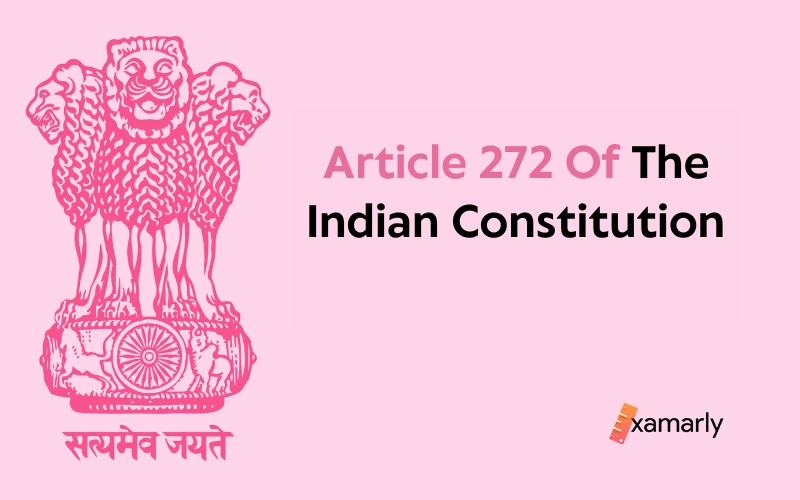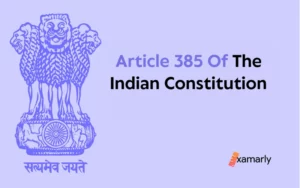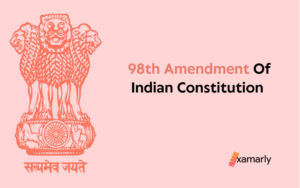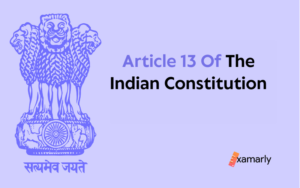Article 272 of the Indian Constitution deals with taxes imposed and collected by the Union Government and are shared by both the Union Government and State Governments. But which amendment removed the said Article 272?
The Indian Constitution provides for a federal structure of government, with three levels: National, State, and Local. Along with setting out the powers of each level, the Constitution establishes laws governing taxation.
Article 272 lays out the taxes that are imposed and collected by the Union Government in India. These taxes may be classified into two types; those which are applicable to all states across India or that can be divided between the union and state. In this article, we’ll speak about article 272 as well as which amendment has omitted the said Article from the Constitution.
Article 272 Of The Indian Constitution
Article 272 of the Indian Constitution provides for the imposition and collection of taxes by the Union and may be divided between the Union and the States.
Article 272 is a part of Part XII, which deals with finance, property, contracts, and suits. Through this article, governments receive tax revenue which is necessary to provide various public goods and services to their citizens.
Which Amendment Has Deleted Article 272?
Article 272 of the Indian Constitution discusses taxes that are imposed and collected by the Union and may be divided between the Union and the States. The Eightieth Amendment of the Indian Constitution deleted the aforementioned Article in the year 2000.
In the interest of further readings:
| Article 268 Of The Indian Constitution | Article 269 of the Indian Constitution |
| Article 250 Of The Indian Constitution | Article 300 Of The Indian Constitution |
FAQs
Is Article 272 Omitted From The Indian Constitution?
In the year 2000, the Indian Constitution underwent its Eightieth Amendment, which resulted in the removal of Article 272.






